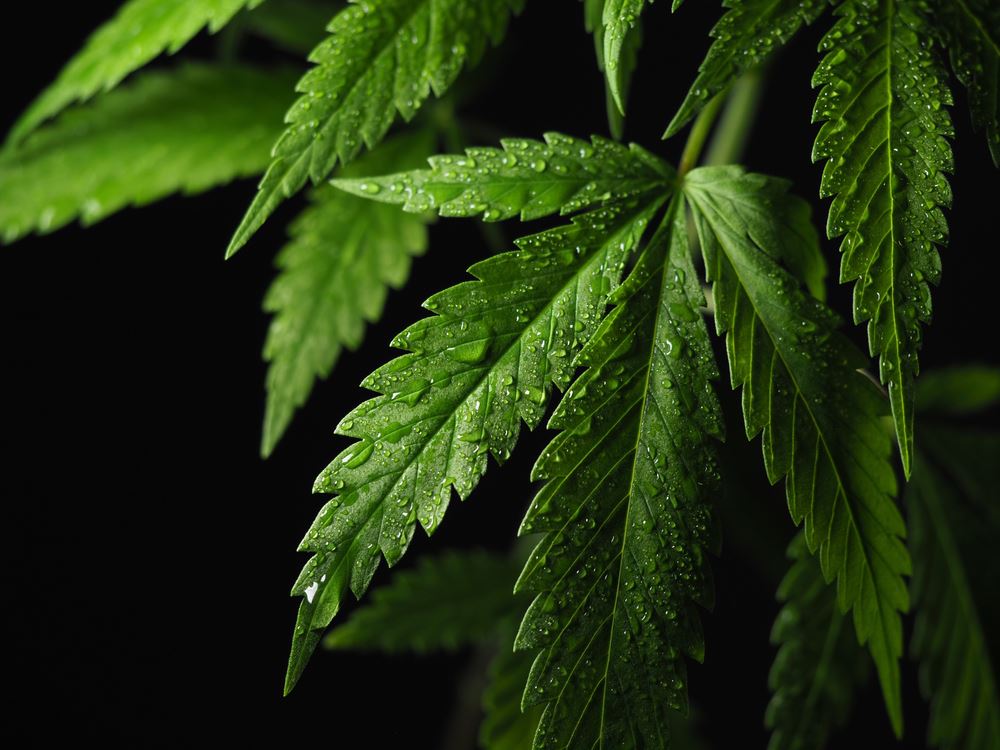Legalization of Hemp in Texas
In 2019, the Texas Legislature legalized the possession of some marijuana and consumable marijuana products in our state. This change to our laws was somewhat unintentional.
The legislature approved a regulatory scheme permitting the cultivation, transportation, and sale of cannabis sativa so long as the flower possesses less than 0.3% Delta-9 tetrahydrocannabinol (THC) content. This type of cannabis sativa is considered legal hemp in the state of Texas. Cannabis with more than 0.3% THC content is considered illegal marijuana.
Proving If a Substance is Cannabis or Hemp
A conviction for Possession of Marijuana requires the state to prove that the substance in question is, in fact, illegal marijuana. Whether the plant has 40% THC content or less than 0.3% THC content, it looks the same, smells the same, and creates the same smoke.
A laboratory test is necessary to tell the difference. Testing for THC content in a laboratory is costly and time-consuming. For most Texas Counties, the cost of lab testing makes prosecuting low-level possession of marijuana impractical.
Does Marijuana Odor Alone Enough to Obtain Probable Cause?
The United States Constitution protects Americans against illegal searches and seizures through the Fourth Amendment: The right of the people to be secure in their persons, houses, papers, and effects, against unreasonable searches and seizures, shall not be violated, and no Warrants shall issue, but upon probable cause, supported by Oath or affirmation, and particularly describing the place to be searched, and the persons or things to be seized. U.S. Const. Amend. IV.
Texas law has long considered the odor of marijuana alone sufficient to constitute probable cause to search a defendant's person. Over my career, I’ve handled hundreds of cases in which an officer claimed to observe what the officer “knows through training and experience to be the odor of marijuana.” That observation is then the used by the officer as a legal excuse to search a vehicle or search a person, which often uncovers other, more serious criminal activity.
But how can the odor of marijuana alone continue to be justification of probable cause for a warrantless search when possession of cannabis—which is indistinguishable in sight and smell from illegal
marijuana—is perfectly legal in Texas? This issue is now being actively litigated throughout our state and in other states that have legalized the possession of cannabis.
The Court in Commonwealth of Pennsylvania v. Grooms found: ‘[P]olice cannot distinguish between contraband marijuana and medical marijuana legally consumed by a substantial number of Pennsylvanians based on odor alone, just as police cannot determine from a person’s possession of a concealed firearm that he or she is unlicensed to carry it concealed.’ As a result, ‘because the police cannot discern lawful from unlawful conduct by the odor of marijuana alone[,] the police may need to rely on other circumstances to establish probable cause to believe that the possession of marijuana detected by that odor is criminal.’ Commonwealth v. Grooms, 247 A.3d 31, 2021 Pa. Super. 26 (Pa. Super. Ct. 2021).
In re: D.D., out of Maryland’s Court of Special Appeals found: We hold that the odor of marijuana, by itself, does not provide reasonable suspicion of criminal activity, and therefore, a stop based on this circumstance alone is unreasonable under the Fourth Amendment.
In re D.D., 250 A.3d 284, 250 Md. App. 284 (Md. Ct. Spec. App. 2021) And most recently, in Commonwealth v. Barr, the Supreme Court of Pennsylvania Middle District held: We conclude that the odor of marijuana may be a factor, but not a standalone one, in evaluating the totality of the circumstances for purposes of determining whether police had probable cause to conduct a warrantless search. Commonwealth v. Barr, 28 MAP 2021 (Pa. Dec. 29, 2021).
Is the odor of marijuana alone sufficient probable cause for a warrantless search in Texas? The liberalization of marijuana laws poses a conundrum to law enforcement agencies that have historically relied on the “odor of marijuana” as an excuse to root out more serious criminal behavior, and to the courts that have a long history of endorsing this practice.
There is no bright-line answer from the Texas Court of Criminal Appeals currently. However, the great trend of the law is against basing warrantless searches on just the smell of marijuana.
About the Author
Attorney Rick Cofer is a Partner at the law firm of Cofer & Connelly. He is a member of the Texas Criminal Defense Lawyers Association Cannabis Committee and represents Texans facing marijuana and THC charges statewide. He is a 2021 Rising Star by Thomson Reuters, 2021 Best Lawyer by the Austin Chronicle, and Top 100 National Trial Lawyer
If you have been arrested for marijuana possession or any other drug crime in Austin, call Cofer & Connelly, PLLC at (512) 991-0576 or fill out our online contact form today to schedule an initial consultation. Our legal team has more than 100 years of collective experience!


